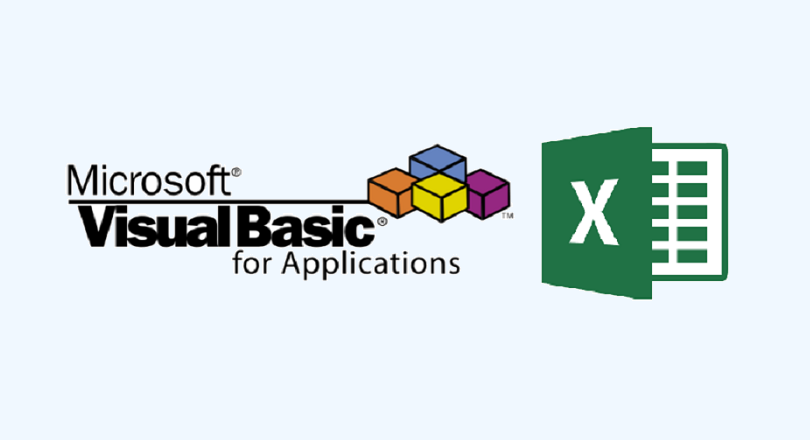
Free eBooks for Beginners
VBA, or Visual Basic for Applications, is a programming language that can be used to automate tasks in Microsoft Office programs like Excel, Word, and PowerPoint. In this article, we will focus on how to work with strings in VBA as a beginner.
A string is a series of characters, such as letters, numbers, and symbols. In VBA, you can use strings to store text, like a person’s name or a product description. You can also use strings to manipulate text, such as concatenating two strings together or extracting a portion of a string.
To declare a string variable in VBA, you use the keyword “Dim” (short for “dimension”) followed by the variable name and the data type “As String”. For example:
Dim myString As StringOnce you’ve declared a string variable, you can assign a value to it by using the equal sign (=). For example, you can assign the text “Hello World” to the variable “myString” like this:
Dim myString As String myString = "Hello World"You can also declare and assign a value to a variable in one line, like this:
Dim myString As String = "Hello World"You can also use the built-in function called “Len” to find the length of a string variable. For example, the following code will return the value 11, because “Hello World” contains 11 characters:
Dim myString As String = "Hello World" print Len(myString)In addition, VBA also has built-in functions for manipulating strings, such as “Left”, “Right”, “Mid”, and “Replace” which can be used to extract a portion of a string, or replace a specific part of a string.
You can also use the “+” operator to concatenate two strings together. For example, the following code will combine the strings “Hello” and “World” together, resulting in “Hello World”:
Dim myString As String = "Hello" + " " + "World"It’s important to note that when working with strings, you must enclose your text in double quotes (“”). If you forget to do this, VBA will think you’re trying to reference a variable with that name, and you’ll get an error.
In conclusion, strings are an important part of VBA programming, they can be used to store and manipulate text in your macros and automate tasks in Microsoft Office programs. Understanding how to declare, assign and manipulate strings in VBA will help you to create more advanced and powerful macros.
VBA for Beginners – Chapter 06 : Declaring and assigning strings
 Loading...
Loading...
Disclaimer: The information and code presented within this recipe/tutorial is only for educational and coaching purposes for beginners and developers. Anyone can practice and apply the recipe/tutorial presented here, but the reader is taking full responsibility for his/her actions. The author (content curator) of this recipe (code / program) has made every effort to ensure the accuracy of the information was correct at time of publication. The author (content curator) does not assume and hereby disclaims any liability to any party for any loss, damage, or disruption caused by errors or omissions, whether such errors or omissions result from accident, negligence, or any other cause. The information presented here could also be found in public knowledge domains.
Learn by Coding: v-Tutorials on Applied Machine Learning and Data Science for Beginners